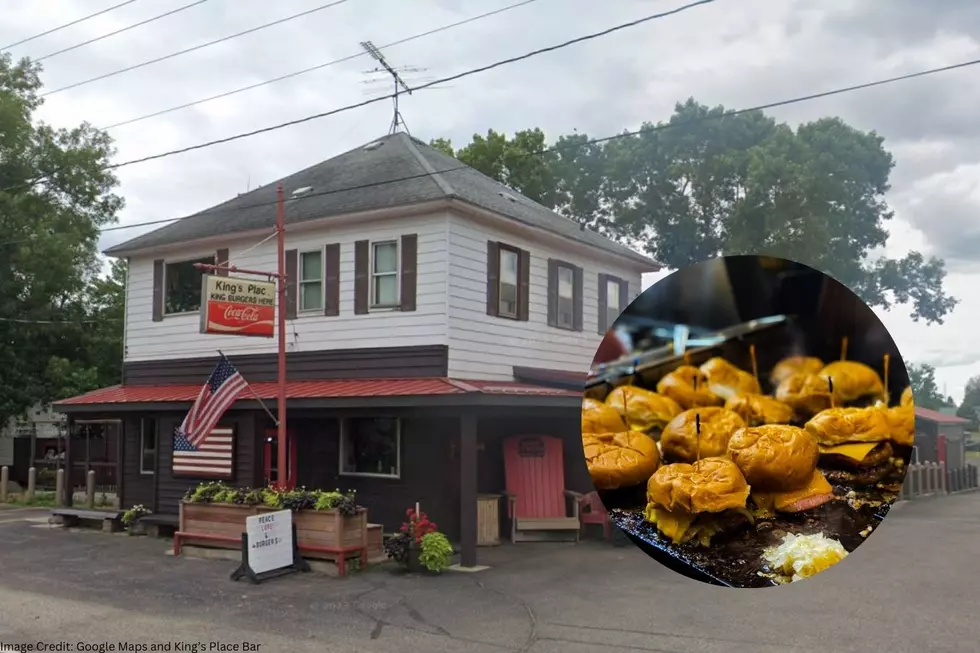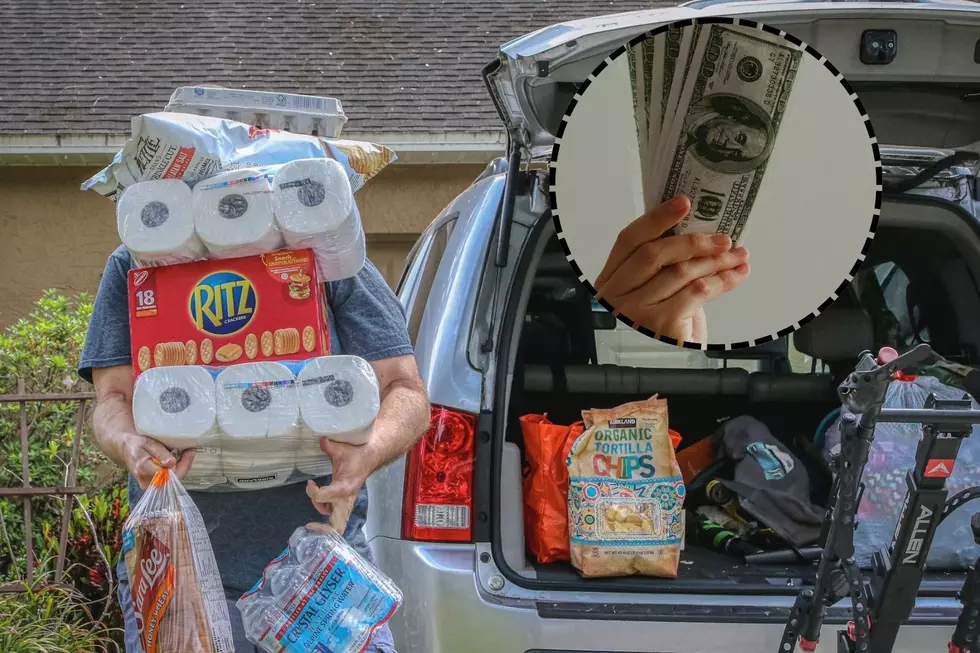
What Should You Do If You Receive Random ‘Seeds’ In The Mail
WHAT SHOULD YOU DO IF YOU RECEIVE RANDOM 'SEEDS' IN THE MAIL?
If you're like me, you can't wait for greener days, so you're thumbing through gardening catalogs, looking at all the greenery and flowers, and placing your orders for seed varieties to plant in your gardens this spring.
I was on social media the other day and saw that this happened to someone, and I wondered how often it happens, and wanted to help answer the question, 'What should you do if this happens to you?"

SCAMS, SCAMS, AND MORE SCAMS
This individual had ordered seeds from 2 well-known reputable companies, so they have no idea if what they received in the mail is related to them placing their order, or if it was just a random incident.
A week after placing their order, the individual received a small manilla envelope in the mail, and inside he found a clear, tiny ziplock bag that contained approximately 50 unknown seeds.
The packing slip and the return address were not from the reputable locations where he placed his order. The address on the packing slip said Texas. The individual then googled the address on the packing slip and found that it was the location of a strip mall located in Texas, that had no businesses in it that would be sending out seeds.
WHAT SHOULD YOU DO?
So what should you do if you receive seeds in the mail that come from an unknown source? Don't plant them, and don't throw them out! You should send them to your local Agriculture Service Office or the police. As innocent as it may seem, agroterrorism is a real thing, and that little package of seeds could be an invasive species that could harm our crops and environment forever.
AGROTERRORISM
Random seeds should NOT be planted, because you have no idea what you're planting. Invasive species are plants that spread like wildfire and take over, killing native plants that are important to our local ecosystems. It's very important that you turn the seeds in and don't throw them in the trash, because they will simply start growing in other locations. Once they start growing, they can be impossible to stop.
When you turn in the seeds to authorities, also turn in the packaging that it came in.
Some people commented that you shouldn't order seeds from Amazon, because the seeds THEY received came from China. The person making that comment is a licensed US Customs broker and said that the vendor lied on their declaration to Customs so they could avoid the USDA requirements. They put on their import declaration that it was plastic beads, which means they avoided test requirements for importing seeds and plants. The person who made this comment said that they reported the incident to their local Customs office.
According to Consumer.ftc.gov, there could be a lot of other deceiving practices happening here. Brushing scams are when someone sends you stuff that you didn't order because it lets them give themselves a great review IN YOUR NAME. This could mean that scammers have created an account in your name, or taken over your account. Keep an eye on all of your online accounts and if you spot activity that isn't yours, report it to the site right away, and change your passwords!
Finally, if you spot a scam, please report it. You can contact the Federal Trade Commission by clicking HERE.
How Many in America: From Guns to Ghost Towns
Gallery Credit: RACHEL CAVANAUGH
."}" data-sheets-userformat="{"2":33554688,"11":4,"28":1}">
The 100 Best Places to Live on the East Coast
LOOK: 50 Famous brands that no longer exist
Gallery Credit: Liz Barrett Foster
More From 98.1 Minnesota's New Country









